The Intel Xeon E-2234 seems like a CPU from a decade past. At around $250, that is perhaps the exact point. One gets a quad-core, eight-thread processor we have been seeing in this range since the Intel Xeon X3460 a decade earlier. Performance per clock and clock speeds have increased a great deal, and the platform has become more complete but the 4C/8T chips are still popular ten years after they were introduced in this segment. In our review, we are going to see what this modern example offers, and see how it compares to other CPUs we have tested.
Key stats for the Intel Xeon E-2234: 4 cores / 8 threads with a 3.6GHz base clock and 4.8GHz turbo boost. There is 8MB of onboard cache. The CPU features a 71W TDP. These are $250 list price parts. Here is the Intel Ark page for your reference.
Here is what the lscpu output looks like for an Intel Xeon E-2234:
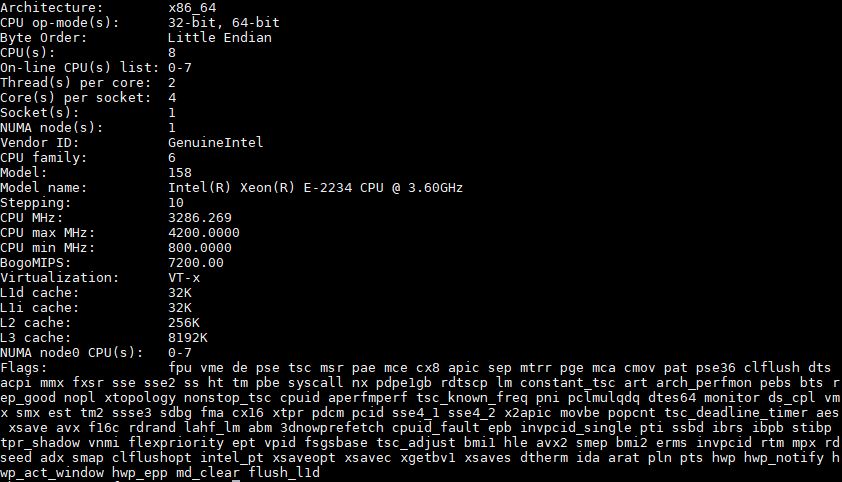
Compared to the Intel Xeon E-2134, we get a 100MHz base but a 300MHz turbo clock boost at the same 71W TDP. That is a fairly decent bump but with 4 cores and 8 threads, it is not necessarily equivalent to seeing a generational leap in performance from adding more cores. This SKU is still very much an incremental improvement such as we often saw Intel Xeon E3-1200 V1-V6 days. Indeed, although the line has moved up to 8 cores and 16 threads, this 4C/ 8T SKU is more similar to what we previously had at the top end of the Xeon E3-1200 range.
Like the Xeon E-2224, this CPU does not have a “G” in the model name. As such, we know that it does not include the onboard iGPU feature. In many servers, such as the HPE ProLiant MicroServer Gen10 Plus that iGPU is not utilized.
One of the key questions we are going to try to answer in this review is whether it makes sense to purchase the Xeon E-2234 over the Xeon E-2224 and other options in the family.
We are also making a major change with the latest Xeon E-2200 reviews. Our charts now have 18 examples in these sockets from the previous and current generations. As a result, we are only mixing in a very small set of other processors to give some indication where performance falls compared to other lines. Realistically, if you are buying or upgrading a Xeon E-2200 series server, you are choosing between processor options that can be used in that server. Since that is a key decision point we are targeting with this series, we are going to primarily focus on in-socket comparisons.
Test Configuration
Here is our basic configuration for this class of CPU:
- Motherboard: Supermicro X11SCA-F
- CPU: Intel Xeon E-2234
- RAM: 4x 8GB DDR4-2666 ECC UDIMMs
- SSD: Intel DC S3710 400GB
- SATADOM: Supermicro 32GB SATADOM
The CPU itself supports up to 128GB of RAM, in a 4x 32GB configuration. We see these platforms using 16-64GB or less given cost sensitivities.
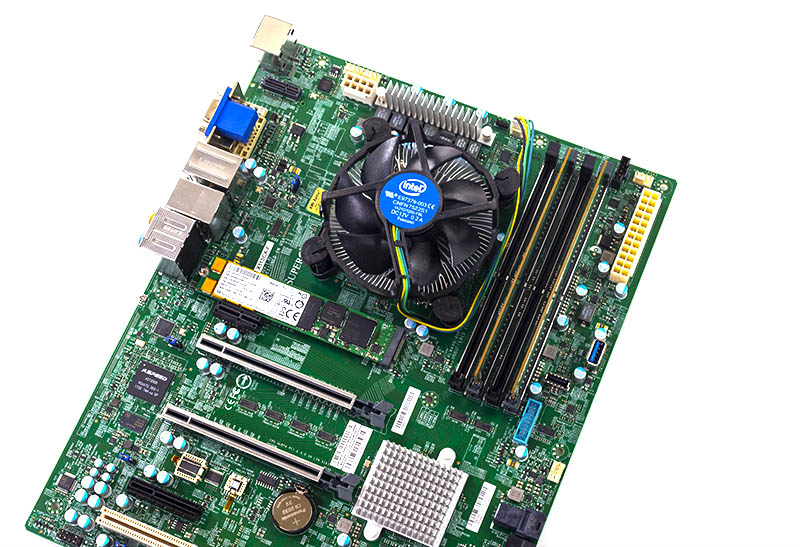
There are going to be folks who want to point to AMD alternatives. As of this writing, there are really no alternatives in this space because while AMD may have competitive CPU parts, vendors have a vibrant Intel Xeon E-2100/ E-2200/ Core i3 ecosystem. AMD needs to do some work here to catch up, but it is not a focus market for them. Single socket servers in this segment are a relatively low volume area.
Next, we are going to take a look at our Intel Xeon E-2234 benchmarks, we are then going to focus on power consumption then conclude with our final words on the processors.

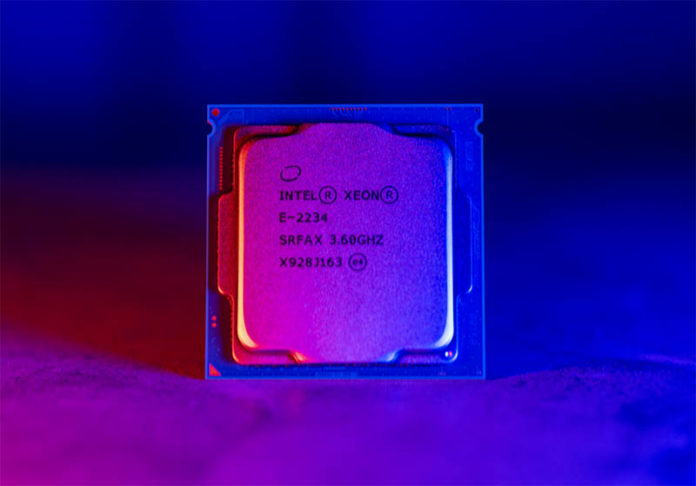
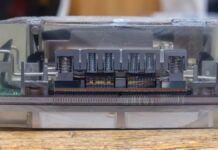
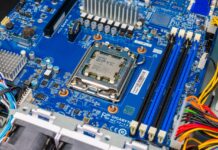
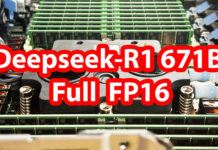
“There are going to be folks who want to point to AMD alternatives. As of this writing, there are really no alternatives in this space because while AMD may have competitive CPU parts, vendors have a vibrant Intel Xeon E-2100/ E-2200/ Core i3 ecosystem.”
ASRock Rack:
X570D4I-2T
Supports AMD Ryzen™ 3rd Generation Series Processors(Max 105W))
Supports 4x DDR4 ECC and non-ECC SO DIMM, max. 64 GB
Supports up 8 x SATA3 by OCulink and 1x M.2 ports
Integrated IPMI 2.0 with KVM and Dedicated LAN (RTL8211E)
Supports 1x PCIe Gen4x16 link (Matisse)
Supports 2x 10GLAN Intel X550-AT2
X470D4U2-2T
Supports AMD AM4 Socket Ryzen™ Series CPUs
Supports 4x DDR4 ECC and non-ECC UDIMM, max. 128 GB
Supports up to 6 x SATA3 6.0Gb/s (inculded 1 SATA DOM), 2 x M.2
Integrated IPMI 2.0 with KVM and Dedicated LAN (RTL8211E)
Supports2 x RJ45 10G base-T by Intel X550-AT2
Supports 2 x PCIe 3.0 x16, 1 x PCIE 2.0 x1
X470D4U
Supports AMD AM4 Socket Ryzen™ PRO/ Ryzen™ 2nd and 3rd generation series processors
Supports 4x DDR4 ECC and non-ECC UDIMM, max. 128 GB
Supports up to 8x SATA3 6.0Gb/s(6x SATA3 6.0Gb/s from X470, 2x SATA3 6.0Gb/s from Asmedia)
Integrated IPMI 2.0 with KVM and Dedicated LAN (RTL8211E)
Supports 2x GLAN by Intel I210AT
Good enough for me.
>X570D4I-2T
Want that so bad. Will be great for my workstation after I move everything to 10Gbps and SAS SSDs.
Afraid price will be crazy too
Misha – John and I are well aware of the ASRR board and Tyan efforts. It is a big difference between there being a motherboard available from a smaller vendor and having all major vendors having multiple systems spanning multiple form factors.
This is a joke of review. No AMD cpu for comparison. Well it must be only way to show that intel is still doing something good, when there is no AMD cpu’s in comparison.
It is a sad day in Mudville when we see STH shilling for a slowly declining Intel.
Patrick – major vendors started as small vendors.
Linaas/ Sleepy, once Dell, HPE, Lenovo, Cisco, or Supermicro have a competitive platform for Ryzen, Ryzen Pro, or a derivative, we will happily add their CPUs to this list. I have been asking the AMD server team to put resources into making a solution in this space.
Misha – while that is true, it will not change before this generation is over.
Having a E3-2324G (4 core + iGPU)
My system is pretty efficient, running 23W in idle. At full 100% CPU usage I see about 100W consumption, pretty bad for a 60W TDP CPU :-(
(no GPU load, all CPU)